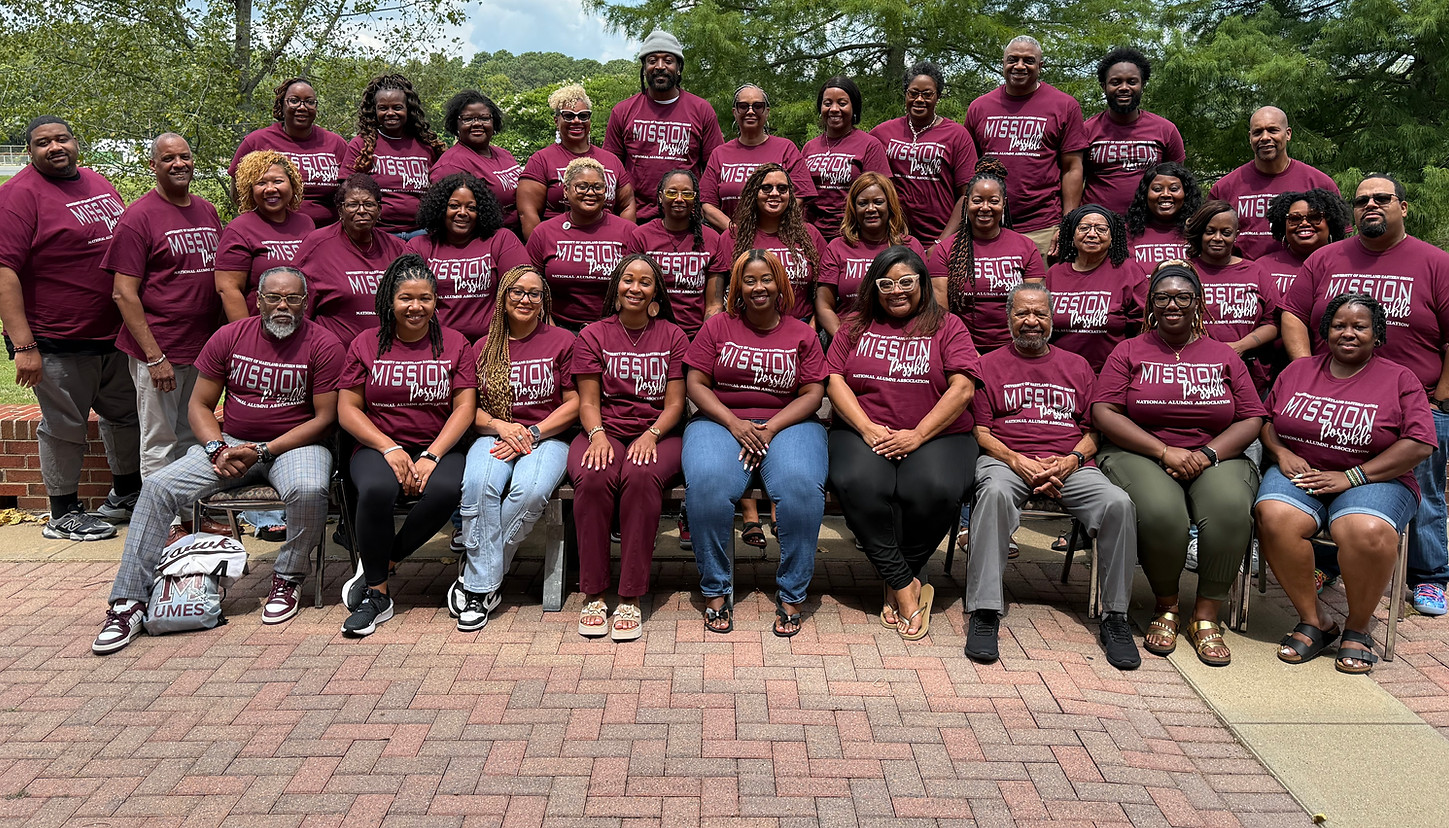University of Maryland Eastern Shore

National Alumni Association


Bianca Quilantan, Politico
Nov 30, 2021
If passed, the bill would allow HBCUs to upgrade their facilities.
More than 60 historically Black college and university leaders are urging Senate leaders to pass President Joe Biden’s $1.7 trillion social spending bill that includes billions in funding for their institutions.
“There has been a consistent focus by the administration and Congress on correcting the historic underfunding of these great institutions,” the leaders wrote in a letter sent Tuesday to Senate Majority Leader Chuck Schumer and Senate Minority Leader Mitch McConnell.
The HBCU presidents and chancellors added that the $10 billion for HBCUs, Hispanic-serving institutions and other minority-serving institutions in the bill “is a significant down payment on investment in an American future full of talented citizens who are not inhibited by where they come from or what they look like.”
Key Context: HBCUs, which received renewed presidential attention since the Trump administration, have been ramping up pressure on Congress to include money in the bill for upgrading aging campuses they say have long been underfunded by the federal government.
Under the bill, which was passed in the House, minority-serving institutions would receive $10 billion. About $4 billion — $3 billion from the Education Department and $1 billion from the Agriculture Department — would go toward research and development infrastructure for these institutions. Minority-serving institutions would also receive $6 billion for institutional aid under Titles III and V, “a five-fold increase from amounts that our institutions have received annually through these funding streams,” the HBCU leaders wrote.
Tony Allen, who was tapped by Biden to lead the President's Board of Advisors on Historically Black Colleges and Universities, in an interview credited the HBCU endorsement of the measure to the advocacy groups the United Negro College Fund and Thurgood Marshall College Fund. "Given the historic nature of this particular legislation, we wanted individual presidents and chancellors to attach their name to this," said Allen, who is also president of Delaware State University — the only HBCU in Biden’s home state.
If passed, the bill would allow HBCUs to upgrade their facilities, which Allen says would help the institutions attract "quality faculty talent," which has sometimes been "inhibited by the fact that we don't have the best workspaces for them all the time." And, Allen said, it would promote social mobility by boosting the capacity for the institutions to serve their students.
While the bill narrowly passed in the House along party lines, Allen said he and his colleagues are urging their lawmakers to support the bill as HBCUs have historically received strong bipartisan support in Congress.
"I'm not sure how the votes will shake out in the end, but I can tell you that each of my colleagues are certainly doing their part to make sure that every legislator is very clear as to what this means with respect to a historic down payment on the inequities that have faced HBCUs for almost 200 years now," he added.